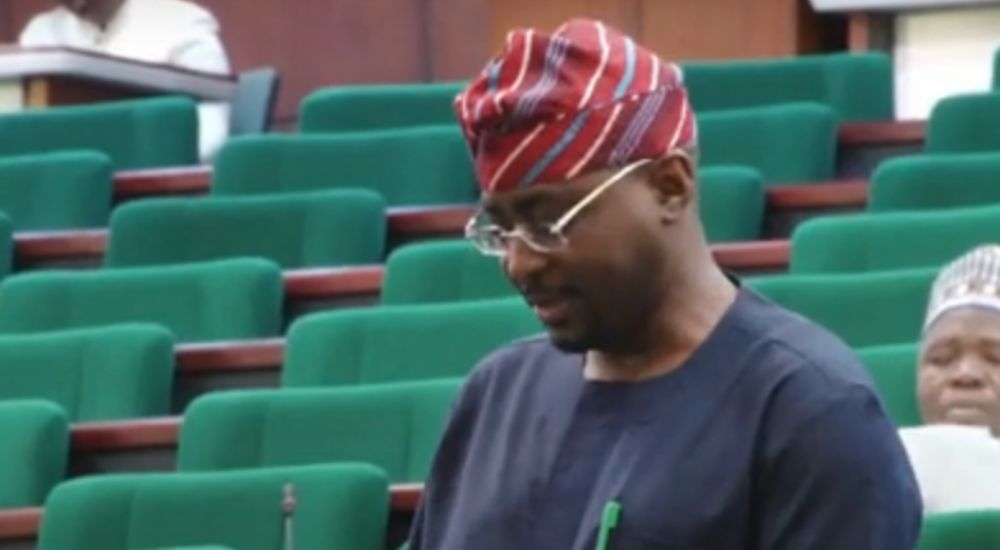Lawmaker Vows Action As 9 In 10 Nigerian Children Exposed To Online Risks
No fewer than 90 per cent of children face online risks, while 50 per cent of the online users experience harms regularly, a report has disclosed.
According to a report titled “A New Gatefield State of Online Harm in Nigeria”, millions of Nigerian children are entering digital spaces without adequate protection.
The report was compiled by Gatefield, a public strategy and media company.
Presenting the new data on Monday at the Gatefield Child Online Safety Forum in Abuja, an advocacy lead at Gatefield, Shirley Ewang Olanrewaju, noted that the lack of platform accountability is creating real-world harm.
The forum was convened with support from Paradigm Initiative and Luminate.
She said that the report, which surveyed over 500 Nigerian internet users, found that 50 per cent of users experience online harms regularly, 58 per cent of online harms target women, and 31 per cent reported that harmful content online is never removed.
Advertisement
“90 per cent of children face online risks, and 34 per cent of online harms occur on X (formerly Twitter).”
Olanrewaju emphasised the need for Nigeria to regulate online spaces effectively without infringing on freedom of expression.
In his address, the Chairman of the House Committee on Justice, Hon. Olumide Osoba, described the development as a national emergency for digital safety.
Osoba, who is the sponsor of the Child Online Access Protection Bill (2023), pledged to ensure its passage within three months to tackle the menace.
“The internet has become a space where children encounter daily harm; every sector needs to play its part in building a culture of online responsibility.
Advertisement
“After COVID, the House sat and discussed all that we witnessed. We saw how our children were exposed to predators, and the figures show that 90 per cent of our children are victims, which should scare everyone,” Osoba said.
He explained that the proposed legislation establishes a legal framework for safeguarding minors in digital environments.
“For every child we fail to protect, a digital predator succeeds. We must create a system that empowers,” Osoba added.
Also speaking, a Senior Programmes Officer at Paradigm Initiative, Khadijah El Usman, described the issue as “both an urgent and moral obligation”.
On his part, the Executive Secretary of the National Human Rights Commission, Dr Tony Ojukwu, emphasised that the bill would set new standards for responsible data handling and child protection online.
He called for stronger accountability from global tech platforms.

